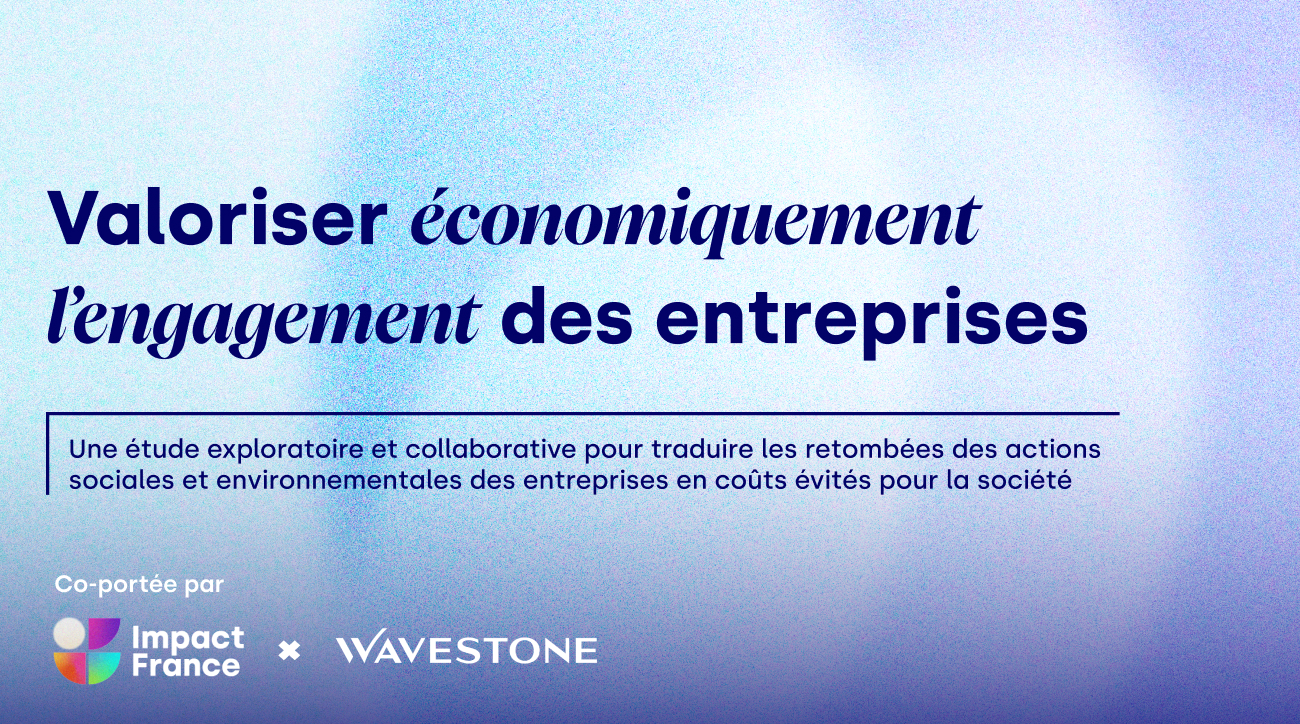Circular Economy Act: For a circular, competitive and sovereign European economy


Every year, the European Union throws away just under 90% of the raw materials it consumes, while remaining dependent on foreign powers for its supplies. This dual vulnerability highlights the urgent need to reinvent our economic model. The Circular Economy Act (CEA), to be presented in 2026, should represent an opportunity to transform this fragility into a major lever for competitiveness and industrial sovereignty, while accelerating the ecological transition.
Post-Covid shortages, the war in Ukraine and Chinese coercion of critical metals have revealed just how vulnerable our "extract-produce-discard" model is. By remaining trapped in a linear economy, the European Union is missing out on a major source of competitiveness: up to 465 billion euros in annual savings for its companies and 500,000 additional jobs by 2030.
Yet solutions already exist. Waste reduction, reuse, repair, remanufacturing and qualitative material recycling are all complementary levers for strengthening European sovereignty, creating jobs that cannot be relocated, reducing industrial costs and accelerating decarbonization.
Despite their potential, these models are struggling to develop in the absence of a favorable economic framework. Against this backdrop, Impact France fully supports the European Commission's initiative to draw up a Circular Economy Act (CEA) by the end of 2026. This project, long-awaited by players in the sector, offers a structuring opportunity to clarify the European framework for action, secure investments and strengthen coherence between existing policies. We recommend that the CEA draw on the hierarchy of actions now established in European policies - reduce, reuse, recycle - to effectively guide future measures. We also emphasize the need to stimulate the supply of high-quality recycled materials, support demand via appropriate economic instruments, and align regulations to enable the development and massification of European circular industries.
Impact France presents its 10 proposals in 3 priority areas:

